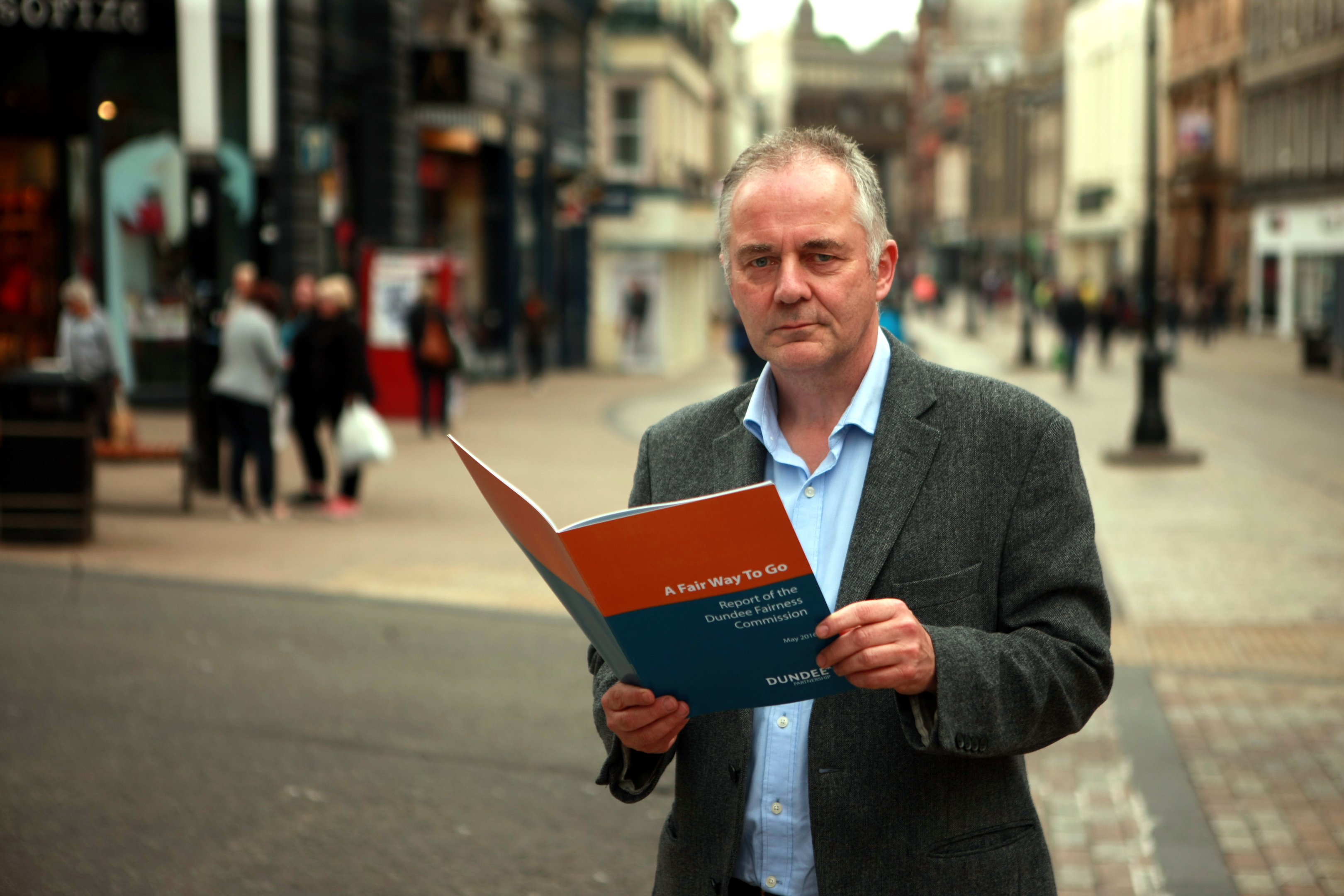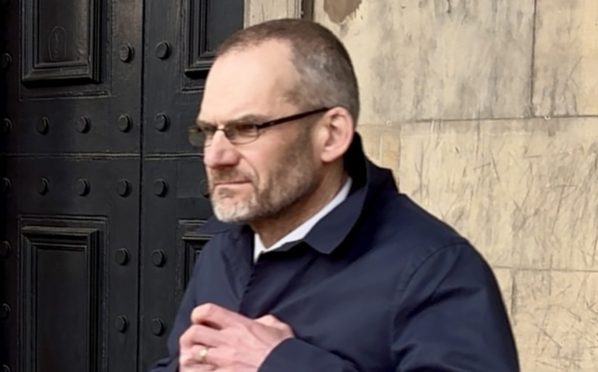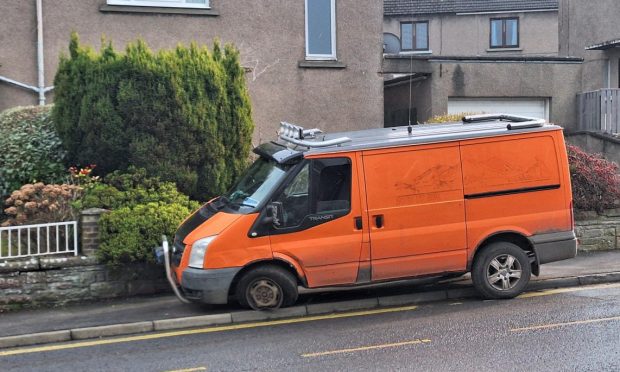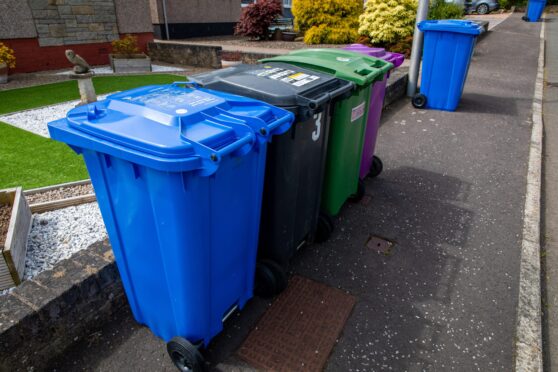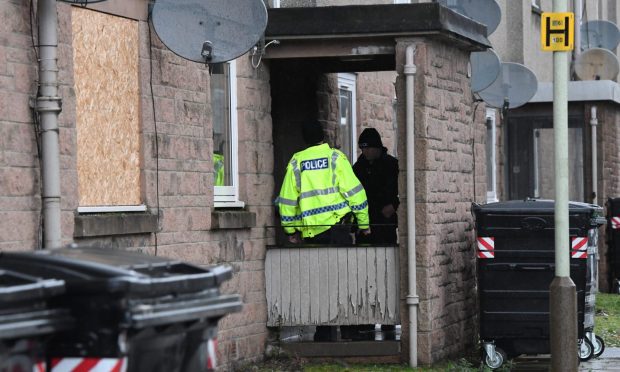Around a quarter of children are growing up poor in Tayside and Fife, according to the latest set of stark figures.
Dundee has the highest portion (27.7%) of youngsters living in poverty when housing costs are deducted, followed by Fife (25%), Angus at 20.5% and Perth and Kinross at the lowest 18.2%.
The average child poverty percentage for the region is 24%, which is higher than the Scottish average of 21.7%
The grim statistics were released by the End Child Poverty coalition, which is calling for “urgent action” to be taken at UK, Scottish and local government level.
Dundee councillor Jimmy Black, chair of the Dundee Fairness Commission, said: “People are rightly concerned when they hear about child poverty, however we shouldn’t forget that this stems from the parents being poor.
“It is a big mistake to ignore adult poverty. We need to ensure that families as a whole can share in the prosperity of the city and so we should take a co-ordinated approach.
“For example, the council is taking practical steps such as insulating houses, meaning that families will be spending less on heating bills and will have more money for other things.
“I also hope that the Tay Cities Deal will enable people to gain the skills needed to find well-paid jobs in the new industries in Dundee, such as games and software development.
“The Fairness Commission is now finished and an action-plan will be presented at the next policies and resources council meeting.
“The recommendations are relatively small, but practical things, such as looking at the cost of a school day – transport, meals, uniforms, school activities and trips, and looking at how families can be helped to put their children through school without struggling.”
Campaigners are calling for leaders to ensure that the proposed Child Poverty (Scotland) Bill, which reflects the Scottish Government’s goal to end child poverty by 2030, addresses poverty at local level.
John Dickie, Director of Child Poverty Action Group (CPAG) in Scotland said: “Local authorities and their partners know their communities and are in a great position to work with local people to prevent poverty.
“The new Scottish child poverty legislation must now be drafted so as to ensure all local authorities are supported in law to take a strategic approach, and that all levels of government are pulling in the same direction – towards a Scotland free from child poverty.”
The Scottish Government is currently analysing local authorities’ responses to a consultation about the Bill.
Communities Secretary Angela Constance said: “The Scottish Government is determined to end child poverty by 2030 and actions include a new Best Start Grant which will support low income families with children in the early years.
“We will also double the entitlement to early learning and childcare for all three and four-year-olds, as well as those two-year-olds that stand to benefit the most.
“We work closely with local authorities to tackle child poverty, and have engaged with them during the consultation on the Child Poverty Bill.
